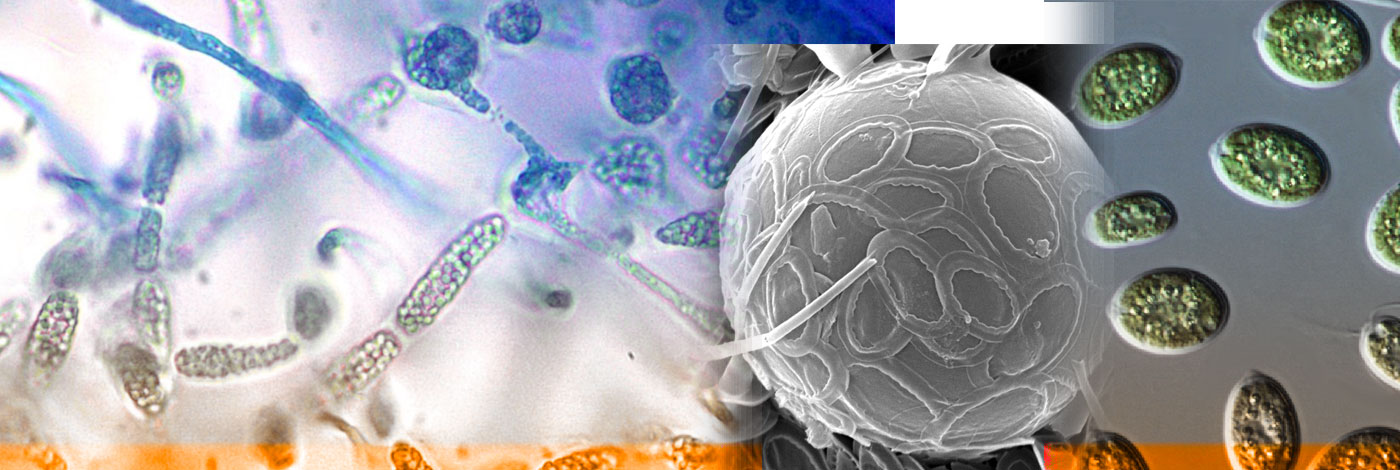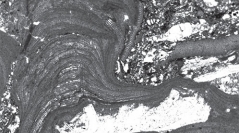

 Cryptogamie, Algologie
33 (3) - Pages 289-326
Cryptogamie, Algologie
33 (3) - Pages 289-326Madame Marie Lemoine was one of the most prolific taxonomists on fossil coralline red algae (Corallinales, Rhodophyta) during the 20th Century. She described three non-geniculate genera and over 90 species. Samples from all over the world were sent to her, and she usually sent them back to the collectors. Thus, a significant number of her types are housed in different institutions or might be lost. Some, however, are housed in the herbarium at the Muséum national d'histoire naturelle in Paris (PC) where she worked for most of her life. We found the original material of nine fossil coralline species at PC: 1) three species from Haute-Savoie (France) [Lithothamnium moretii, Lithophyllum simplex and Jania nummulitica]; 2) five species from Albania [Lithothamnium corallinæforme, Lithothamnium bourcartii, Lithophyllum koritzæ, Lithophyllum sphæroides and Lithophyllum (?) albanense]; and 3) one species from SW France but originally described from the Carpathian Mountains [Lithothamnium abrardii]. The aim of this paper is to reassess the newly discovered original material in a modern taxonomic perspective and to typify the species for which Marie Lemoine did not establish a holotype.
Several of these species have been frequently reported by palaeophycologists. The species albanensis, either within Lithophyllum or Spongites, and Lithothamnion moretii are among the five most cited species of fossil corallines in the literature published during the XX century. Lithophyllum simplex is among the nine most cited fossil coralline species but its taxonomic circumscription cannot be confidently established because no reproductive structures can be identified in the type.